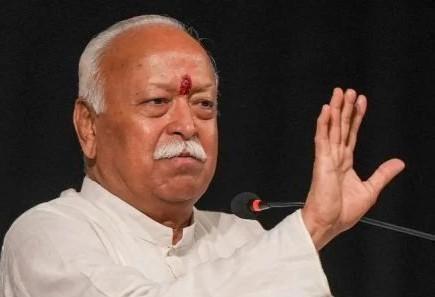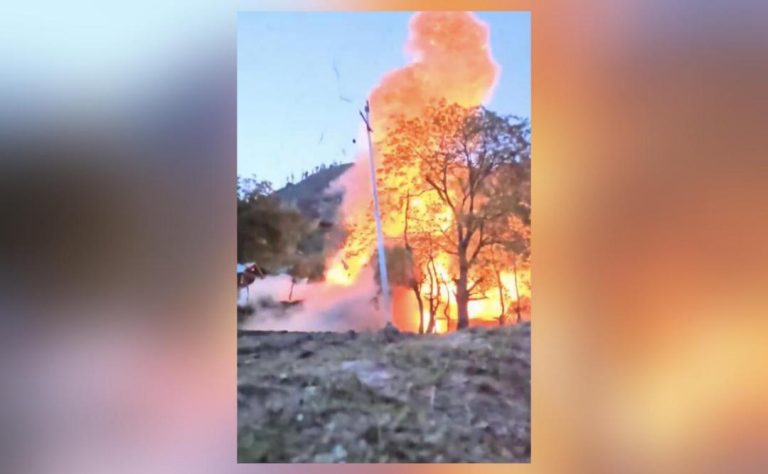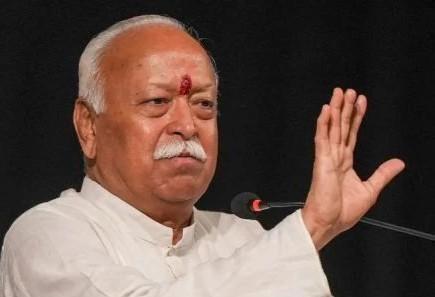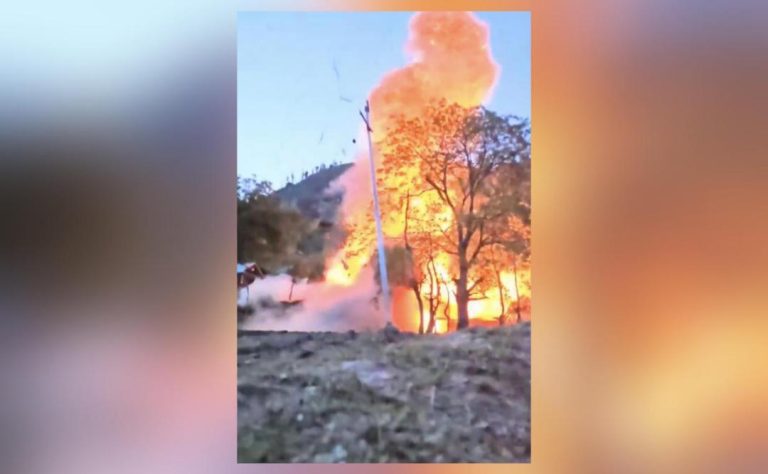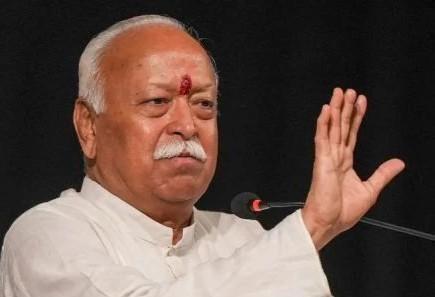
If Someone Turns to Evil, We’ll Teach a Lesson: Bhagwat on J&K Attack
The recent terror attack in Pahalgam, Jammu and Kashmir, has sent shockwaves across the nation, leaving many injured and saddened. In the aftermath of this heinous act, Rashtriya Swayamsevak Sangh (RSS) chief Mohan Bhagwat has made some crucial statements, emphasizing the importance of non-violence as India’s religion, while also hinting at the need to teach a lesson to those who perpetrate such evil acts.
In a recent video interview, Bhagwat was asked about the recent terror attack in Pahalgam, and how the nation should respond to such incidents. In his response, he emphasized that India is a country where non-violence is considered a fundamental aspect of its religion. “We never harm or disrespect our neighbors,” he said. “We respect every individual, and we respect every nation.”
However, Bhagwat also made it clear that if someone is bent on being evil and harming others, then the need arises to take action to protect the people. “What is the cure?” he asked. “The king’s duty is to protect the people, and he will do his duty.”
Bhagwat’s statement is significant because it highlights the delicate balance that exists between promoting non-violence and taking action to protect the country from threats. In recent years, India has faced numerous terrorist attacks, and the need to take decisive action to counter these threats has become increasingly important.
The RSS chief’s emphasis on non-violence as a fundamental aspect of Indian culture is also noteworthy. In a country where violence and conflict have often been used as means to achieve political goals, Bhagwat’s message is a welcome reminder of the importance of peaceful coexistence.
Moreover, Bhagwat’s statement about the king’s duty to protect the people is a nod to the ancient Indian concept of the king’s role in society. In Hinduism, the king is considered the protector of the people, and it is his duty to ensure their safety and security. Bhagwat’s reference to this concept highlights the fact that, in India, the concept of the king’s duty is deeply rooted in the country’s cultural and religious heritage.
In the context of the recent terror attack in Pahalgam, Bhagwat’s statement is also significant because it provides a nuanced perspective on how India should respond to such incidents. Rather than resorting to knee-jerk reactions or emotional outbursts, Bhagwat’s message emphasizes the need for a calm and measured approach.
This approach is essential because, in today’s world, terrorism is a complex and multifaceted issue that requires a comprehensive and sustained response. Rather than simply reacting to each incident with anger and aggression, India needs to develop a long-term strategy that addresses the root causes of terrorism and promotes peaceful coexistence.
Bhagwat’s statement is also significant because it highlights the need for a unified national response to terrorism. In recent years, India has faced numerous terrorist attacks, and the need for a coordinated and effective response has become increasingly important. Bhagwat’s message emphasizes the importance of working together as a nation to counter the threat of terrorism and promote peace and stability.
In conclusion, Mohan Bhagwat’s statement on the recent terror attack in Pahalgam is a significant one, highlighting the importance of non-violence as a fundamental aspect of Indian culture, while also emphasizing the need to take action to protect the people from threats. His reference to the king’s duty to protect the people is also noteworthy, highlighting the ancient Indian concept of the king’s role in society. As India moves forward in the fight against terrorism, Bhagwat’s message provides a nuanced and balanced perspective on how the country should respond to these incidents.
News Source:
https://youtu.be/SpAKVWl5wII
